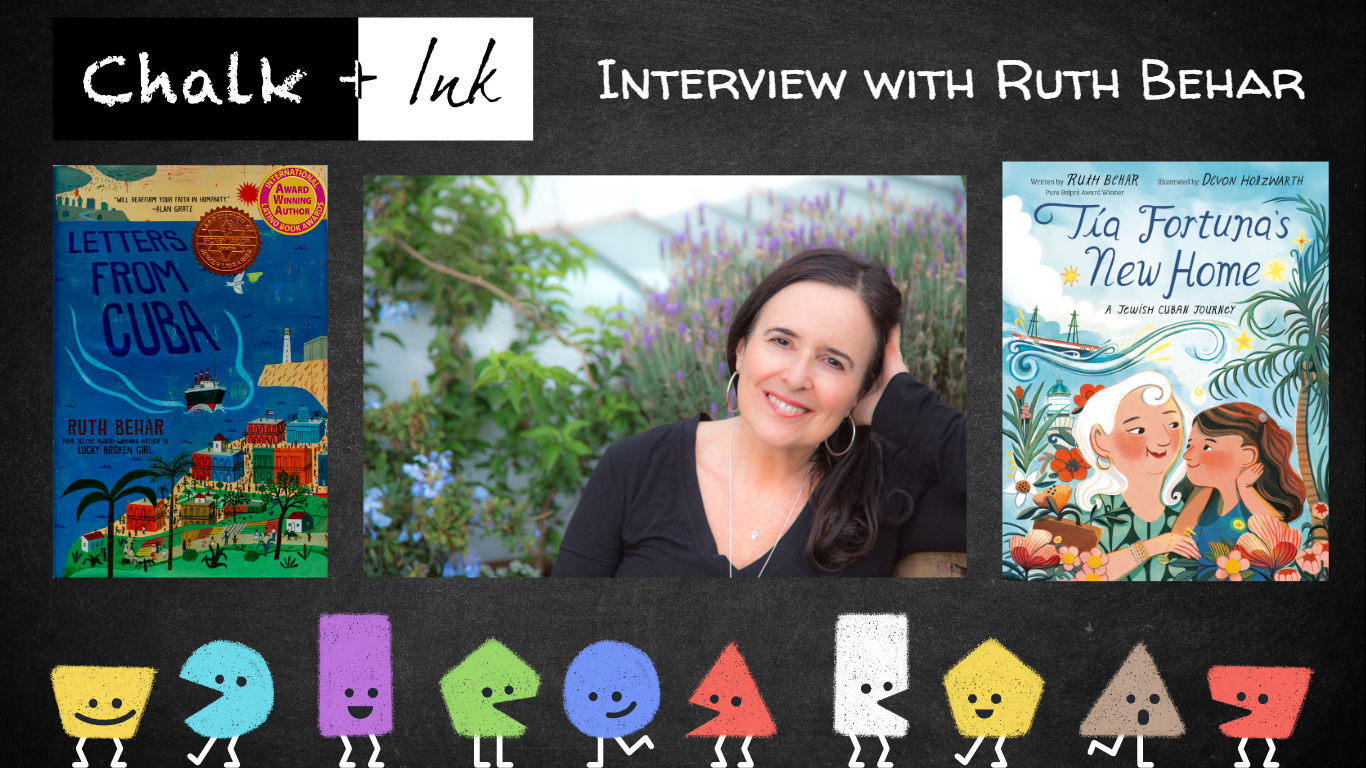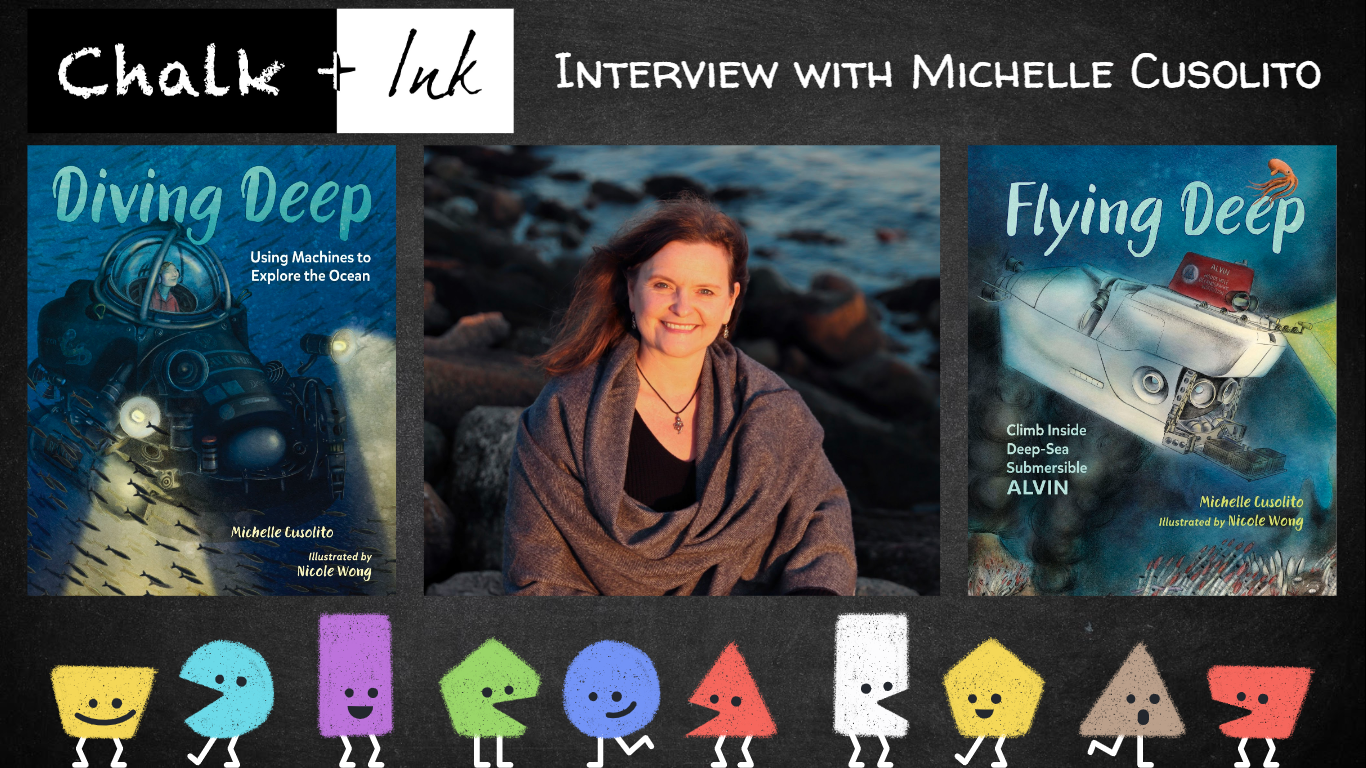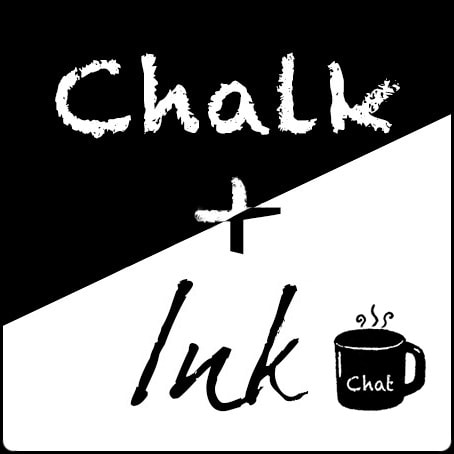|
The flexible and fascinating Ruth Behar talks about the importance of solitude, storytelling, and vulnerability in our teaching and writing practices. In order to be an effective teacher and an effective writer, we need solitude. For our teaching practice, solitude enables us not only to plan lessons, but it also gives us time to reflect on what went well and what could have gone better. Solitude also rejuvenates us, giving us time to soak up silence. For our writing practice, solitude provides us with opportunities to create and reflect on what's working well in our manuscripts, and what could work better. Solitude also rejuvenates us, giving us time to immerse ourselves in craft, faraway from fielding rejections and marketing mania. In order to be an effective teacher and an effective writer, we need to tell stories. When we share stories with our students, they connect to us as human beings. They use the shaka hand signal or shout, "Me, too," to let us know they have experienced the same emotion or ocurrence. When we put stories onto the page, we allow readers wherever they are, to connect with us, to feel validated, and to create their own fictive dreams. Finally, as teachers and writers, we have to be vulnerable. Ruth explains that students know the difference between a teacher who deeply cares for them and a teacher who shows up for the paycheck. Just like students, readers know which authors have put their heart on the page, and which authors are hiding something, not letting readers into their hearts, not quite ready to be completely vulnerable. Readers discard closed hearted books in search of a different activity where they feel seen. Ruth thinks the following middle grade books should be available for students in classrooms: The Hundred Dresses by Eleanor Estes (1945 Newbery Honor Book) This classic antibullying book is a great way to discuss the implications of complicity. The repercussions of seeing mistreatment of someone and not stopping it. This discussion brought me back to when I taught first grade in Spanish in Chelsea because I read Los cien vestidos aloud to my class every year. Number the Stars by Lois Lowry (1990 Newbery Winner) Number the Stars tells the story of the Danish Resistance during World War II through the eyes of Annemarie, a ten-year-old girl, whose family is harboring her best friend, Ellen, who is also Jewish. This book pairs well with Ruth's Letters from Cuba because Ruth's main character Esther, is also Jewish, and flees Poland on the eve of World War II. Letters from Rifka by Karen Hesse (1992 Sydney Taylor Award) When Ruth wrote Letters from Cuba, she studied Letters from Rifka because it's an epistolary novel about a Jewish girl fleeing Russia and anti-Semitism in 1919. Refugee by Alan Gratz (2018 Sydney Taylor Award, NYT Bestseller) Three different child refugees from three different time periods: 1930s, 1994, and 2015, escape their homelands in search of refuge whose stories come together in the end of the novel. Brown Girl Dreaming by Jacqueline Woodson (2015 Newbery Honor) Ruth said Jackie Woodson is a novel in verse master. I couldn't agree more. My students love Jackie's Before the Ever After. In addition to Letters from Cuba, we also talked about Ruth's other children's books in the podcast: Lucky Broken Girl, Tia Fortuna's New Home, and Pepita Meets Bebita(coming soon), which she created with her son. We also chatted about one of Ruth's adult titles, The Vulnerable Observer as well as another adult book, Voices From Chernobyl: The Oral History of a Nuclear Disaster written by Svetlana Alexievich. Alexievich won the Nobel Prize for this book. If you'd like to win a signed book or a 30-minute classroom visit from Ruth, leave a comment below before September 30th. If you want to support the podcast, click here. If Chalk + Ink has made you a better writer and/or teacher and you'd like to share your experience on our special 50th episode, fill out this form by September 30th. For our next episode, be sure to read Cindy Rodriguez’s delightful new picture book Three Pockets Full. Give it a read before Cindy’s interview releases on Friday, October 7th. Happy listening!
2 Comments
Chalk + Ink: Episode 41; Diving Deep Into Struggles, Successes, and Synergy with Michelle Cusolito9/6/2022 The talented and tenacious Michelle Cusolito talks about the importance of writing with our students, the power of picture book dummies, and how stepping outside of our comfort zone enriches our creativity. When Michelle took an educational workshop about how to teach poetry to her students, she realized she needed to write alongside her students so that she could share her process with them. This led to ten-minute writing bursts with her students. When they wrote, she wrote. It didn't matter if it was poetry or prose, brainstorming or revision. If they did it, she did it. If you're a teacher who wants to write, Michelle recommends starting by writing ten minutes a day with your students. The synergy that arises will be amazing. Last season April Jones Prince and Marcie Flinchum Atkins sang the praises of picture book dummies for various reasons. In this episode, Michelle gives us yet another reason to try out a dummy. When Michelle knew the beginning and the end of Diving Deep, but not the middle, she made a dummy. That way she knew exactly how many spreads she had to work with. Read Michelle's post for Nonfiction Fest and watch her video about her dummy here. Click here to access the teacher's guide for Diving Deep. Michelle talks about how when we step outside of our comfort zone, our creativity increases. When she travels, being in a new place jumpstarts her creativity. Michelle had the amazing opportunity to join the scientists at Woods Hole Oceanographic Institute on a two-week research trip studying the Atlantic Ocean's twilight zone off the coast of Spain. While she was on the ship, there were four storms, which made Michelle quite anxious. Once again she was out of her comfort zone, and her creativity flowed. She wrote various blogposts to explain the different types of research occurring on the research vessel. Click here to read "The Great Migration," which explains the daily movement of various sea animals from the twilight zone to the ocean's surface to eat at night and then back down to the ocean's dark depths to hide from predators. Michelle thinks elementary classrooms should have the following books: Giant Squid by Candace Fleming not only because of the spectacular text and art but also because of the sense of wonder it can inspire in kids. Otis and Will Discover the Deep: The Record-Setting Dive of the Bathysphere by Barbara Rosenstock is a biography about the first people who dove deep into the ocean. The Scientists in the Field series from Houghton Mifflin featuring books about a wide variety of topics written by authors such as Sy Montgomery, Loree Griffin Burns, and Mary Kay Carson. Some of Michelle's favorite titles in the series are Life on Surtsey by Loree Griffin Burns, and The Octopus Scientists by Sy Montgomery. In addition to books for kids, Michelle recommends that every elementary teacher have Nonfiction Writers Dig Deep by Melissa Stewart. I agree wholeheartedly! Not only is Michelle an amazing author and educator, she is also very generous. She's creating a five-minute Let's Write video that educators can use in their classrooms. Become a Chalk + Ink Patreon supporter, and you will have access to Michelle's videos as well as videos by April Jones Prince, Marcie Flinchum Atkins, Zetta Elliott, Erin Dealey, René Colato Laínez and Lisa Stringfellow. Michelle also generously donated a 30-minute “Ask Me Anything,” Zoom call to a lucky podcast listener. There are several ways to enter: 1) Tweet or retweet this episode and be sure to tag Michelle and me, 2) Make a comment below, 3) Make a comment about the episode on our Chalk + Ink Facebook page; and 4) Become a Chalk + Ink Patreon supporter. Patreon supporters are automatically entered into each giveaway. In order to enter the giveaway, these actions must be completed by midnight on Friday, September 16th. The winner will be announced on Friday, September 23rd, on the podcast as well as on Twitter and on our Facebook page. If Chalk + Ink has improved your teaching and/or writing, I'd love to celebrate with you on our fiftieth episode. Please fill out this form by September 30th. If you'd like to support the podcast, but want to keep it simple-no recording, no subscriptions-click here to buy me a latte. Finally, please consider spread the word and letting your friends and colleagues know about the podcast. Thanks so much for your support! Happy listening! |
Chalk + Ink ChatsWant to hang out with teachers who write and writers who teach? Fill this form to join our Archives
October 2023
Categories |


